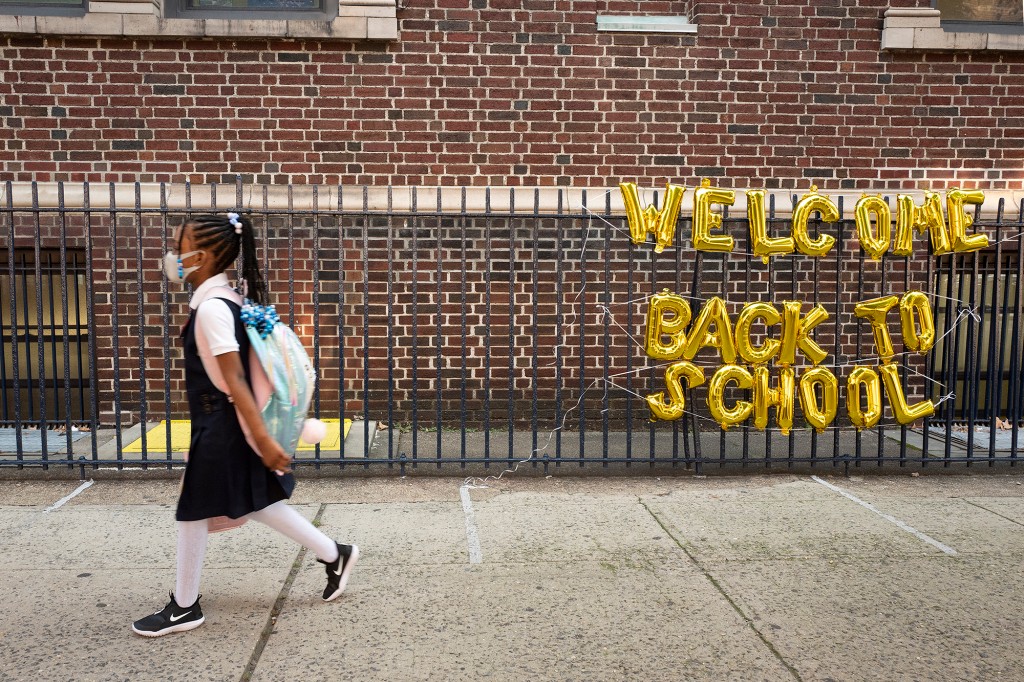The city’s costly campaign against COVID-19 learning loss could send it towards a “fiscal cliff,” according to a new report from state Comptroller Tom DiNapoli.
The audit asserted that new Department of Education initiatives being launched through federal assistance will eventually exhaust that funding and run in the red.
“Historic federal investment has provided an opportunity to meet short-term challenges, but it won’t last forever,” DiNapoli said. “I urge the department to address future budgetary risks and commit to prudent long-term financial planning, to ensure its ability to sustain high-quality educational services over the long-term.”
The report stated that COVID-19 programs, currently being financed by federal dollars, will lead to recurring costs of $1 billion by 2025 — “creating a fiscal cliff that will pressure the City to cut services or find new funds.”
DiNapoli said that the DOE is slated to get $8 billion in emergency federal funding through fiscal year 2025 — with the largest portion going to the expansion of 3-K programs.
The report also noted the DOE plans to add 3,800 teaching positions while federal funding for those positions will run out by 2025.
The nation’s largest school system had a budget of $37.7 billion in fiscal year 2022 and accounts for 38-percent of all municipal spending, according to the study.
DiNapoli said the agency often spends more than it originally forecasts due to the growing charter sector, higher special education costs and increasing transportation needs.
In urging fiscal caution, DiNapoli stressed that the department has added 12,500 teachers over the last eight years while enrollment has steadily declined. He said that the new hires stem largely from the enlargement of early education programs.
Special education costs have also ballooned, the report stated. When the DOE is unable to provide mandated services to kids with special needs, the agency is required to pay for them to get them elsewhere.
That spending hit $626 million in fiscal year 2020 — more than doubling the total from five years prior.

“While the City did not use any of the funds to address several existing budgetary imbalances, it also created a number of new ones, including the recurring costs of the
3-K program and 3,800 staff members who are currently supported by nonrecurring federal funds,” the report states. “The City is relying on future revenue increases that may or may not be realized, depending on the nature of the pandemic recovery.”
A spokesperson for the Office of Management and Budget said the agency was confident in the city’s economic future.
“Our strong vaccination program and federal stimulus will speed the city’s reopening and supercharge the economy,” said Laura Feyer. “We are optimistic revenue will bounce back strong over time as our recovery continues. We carefully monitor DOE’s budget and will address any needs through the budget process at that time.”



















